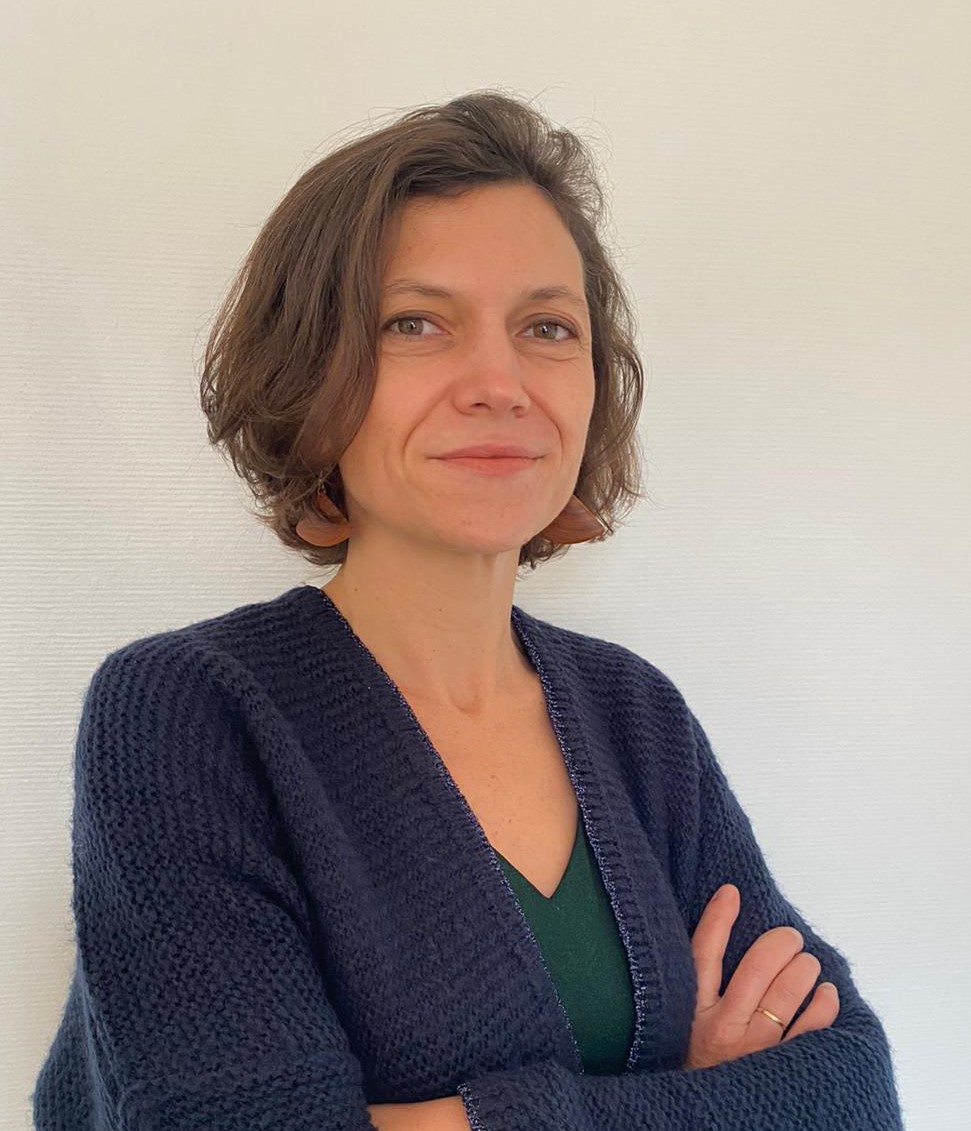The COVID-19 pandemic demonstrates that the history of epidemic and contagious diseases is far from over. It has revealed deep-seated, structural inequalities in health as well. Still, we know surprisingly little about the historical roots of these contemporary inequalities in health, and if the impact of epidemics and contagious disease changed over time due to societal changes. Furthermore, it is unclear what the social, economic, environmental or epidemiological drivers are for divergences in mortality resulting from epidemics and contagious diseases over time and place.
Workshops will be organized on specific historical epidemics and contagious diseases (such as tuberculosis, influenza, smallpox, plague, malaria) and methodological issues. The scholars invited will be drawn from a great variety of disciplines because research on the historical legacy of epidemics and contagious diseases has tended to be far too fragmented by disciplinary boundaries.
Workshop: Epidemics, Gender, and Public Institutions in the Nineteenth and Twentieth Centuries
Palma (Majorca), Spain, 2–3 July 2026
- Call for Papers - Deadline for submissions: 1 May 2026
Workshop: How Did We Lift the Burden? Infectious Disease Mortality in the Western and Non-Western World (1800–Now)
Nijmegen, Netherlands, 28–29 August 2025
En ligne, 18 juin 2025
- Rapport
- Call for Papers - Closed
Workshop: From Influenza to COVID. Continuity and Discontinuity in the Factors of Inequality
Madrid, Spain, 14-15 November 2024
- Rapport
- Call for Papers - closed
Workshop: Tuberculosis: The White Death as a Social Disease
Alghero, Italy, 26–28 September 2024
- Call for Papers - Closed
- Report
Virtual workshop: Toward the Elimination of Cholera Epidemics: from the Past to Contemporary Societies
Online, 19 April 2024
- Call for Papers - closed
The IUSSP Panel at the European Society for Historical Demography Conference
Radboud University, Nijmegen, Netherlands, 30 august-2 september 2023
Hybrid Workshop: "From influenza to COVID-19"
Madrid, Spain and Online, 2024
Online Meetings: "New ways of transcribing, visualizing, publishing, and providing access to data on epidemics and contagious diseases"
3 times a year starting October 2023, and leading up to a workshop at the University of Zurich, Switzerland in 2025.


